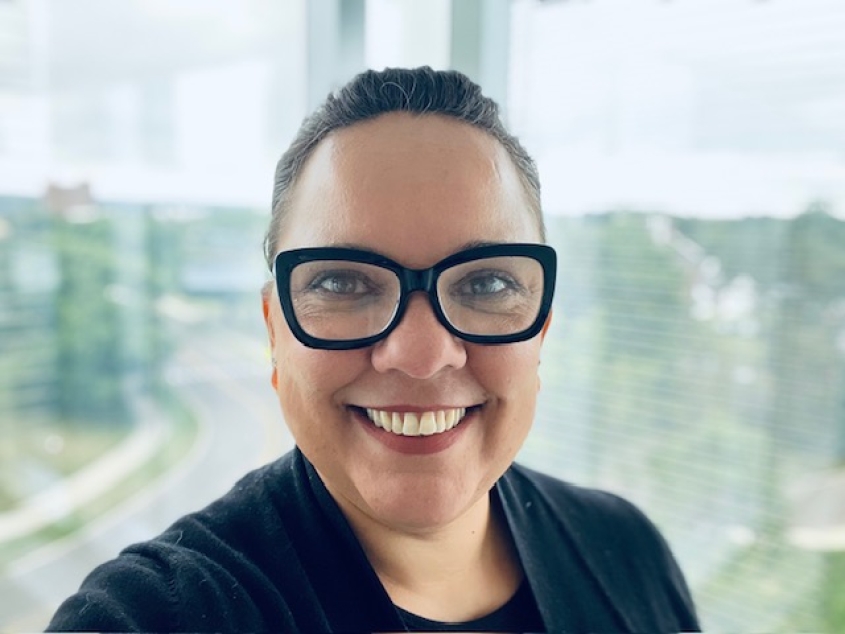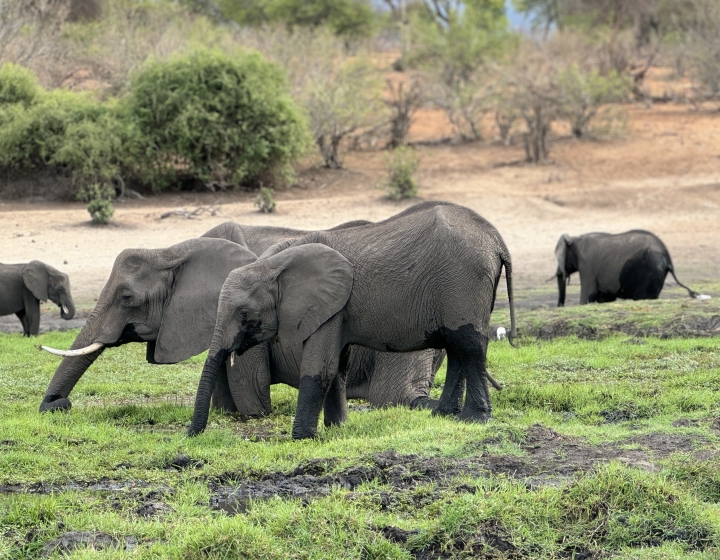New faculty profile: Dr. Aline Bomfim Vieira
The Cornell University College of Veterinary Medicine (CVM) has recently welcomed many new faculty members to our academic departments and hospitals, each one bringing a unique set of skills and experience that enriches our college every day. In this Q&A series, you'll get to know their interests, expertise and more.
Dr. Aline Bomfim Vieira, senior lecturer, Department of Biomedical Sciences
Q-What has been your academic/career path leading up to Cornell?
I received my D.V.M. in 1999 from the Federal Fluminense University in Niterói, Brazil. Following that, I completed a residency in small animal medicine at the Londrina State University in Londrina, Brazil, and earned a M.S. in veterinary clinical sciences from Federal Fluminense University. I pursued a Ph.D. in cellular and molecular biology/pharmacology at the Oswaldo Cruz Foundation in Rio de Janeiro. Subsequently, I was awarded a governmental scholarship to undertake post-doctoral training at the University of Queensland in Australia. Upon returning to Brazil, I worked as a postdoctoral fellow at the State University of Rio de Janeiro. Throughout my career, I have maintained a clinical role specializing in endocrine diseases alongside my academic pursuits. For the last seven years, I served as an assistant and associate professor of veterinary physiology at Ross University School of Veterinary Medicine in St. Kitts & Nevis. In the final two years of this period, I also held the position of head of the physiology, pharmacology, and toxicology division.
Q: What drew you to CVM?
The opportunity to work and collaborate at an Ivy League university with one of the most stunning natural surroundings of any other American veterinary college.
Q: What is your area of expertise?
My area of expertise is endocrine system, endocrine physiology and endocrine diseases of dogs and cats.
Q: What drew you into this area?
During my early clinical career and residency, I had the opportunity to treat many patients with endocrine diseases. I was always amazed by how hormones can regulate and interfere in many vital processes and organ functions.
Q: What about your professional work are you most excited about?
I am excited to initiate my teaching career at Cornell University and hoping to implement collaborative research in endocrine diseases in dogs and cats, especially diabetes mellitus.
Q: What impacts or applications do you hope to see your work have?
I hope to develop strong and supportive connections with students and contribute to the advancement of the diagnosis and treatment of endocrine disease in dogs and cats through my research endeavors.
Q: What’s the best part of your professional work?
The best part of my work is utilizing teaching strategies, empathy and my diverse background to motivate and enable students to become the best veterinarians they can be.






